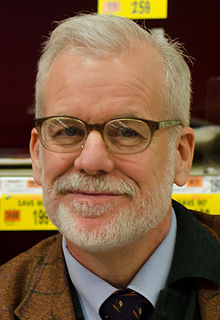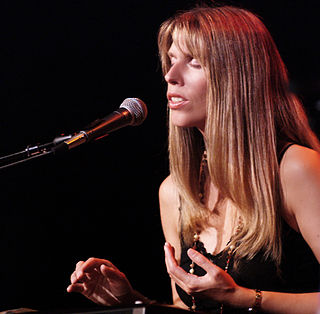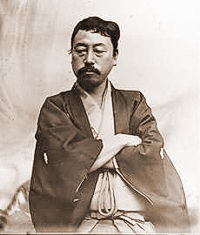A Quote by Alan Watts
Related Quotes
Are the great spiritual teachings really advocating that we fight evil because we are on the side of light, the side of peace? Are they telling us to fight against that other 'undesirable' side, the bad and the black. That is a big question. If there is wisdom in the sacred teachings, there should not be any war. As long as a person is involved with warfare, trying to defend or attack, then his action is not sacred; it is mundane, dualistic, a battlefield situation.
Life is sacred. Life is art. Life is sacred art. The art of sacred living means being a holy actor, acting from the soul rather than the ego. The soul is out of space and time and hence always available, an ever-present potential of our being. It is up to each of us to celebrate and to actualize our being and to turn each meal, conversation, outfit, letter, and so on, into art. Every mundane activity is an opportunity for full authentic self-expression. The soul is our artistic self, our capacity for transforming every dimension of our lives into art and theater.
Tea with us became more than an idealisation of the form of drinking; it is a religion of the art of life. The beverage grew to be an excuse for the worship of purity and refinement, a sacred function at which the host and guest joined to produce for that occasion the utmost beatitude of the mundane.
What is particularly intriguing, in fact, is that whereas many peoples tend to locate this experience (of the sacred) in certain unusual, if not 'supernatural' moments and circumstances . . . the Oriental focus is upon mystery in the most obvious, ordinary, mundane-the most natural-situations of life.









































